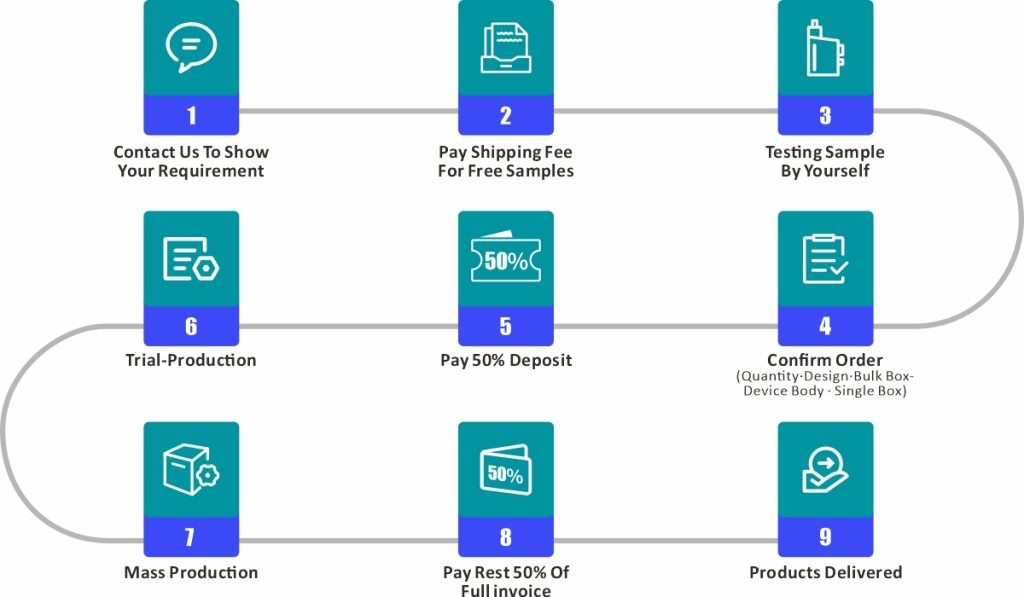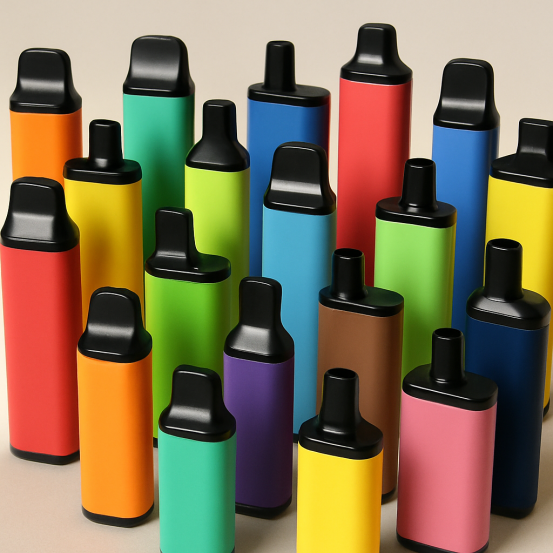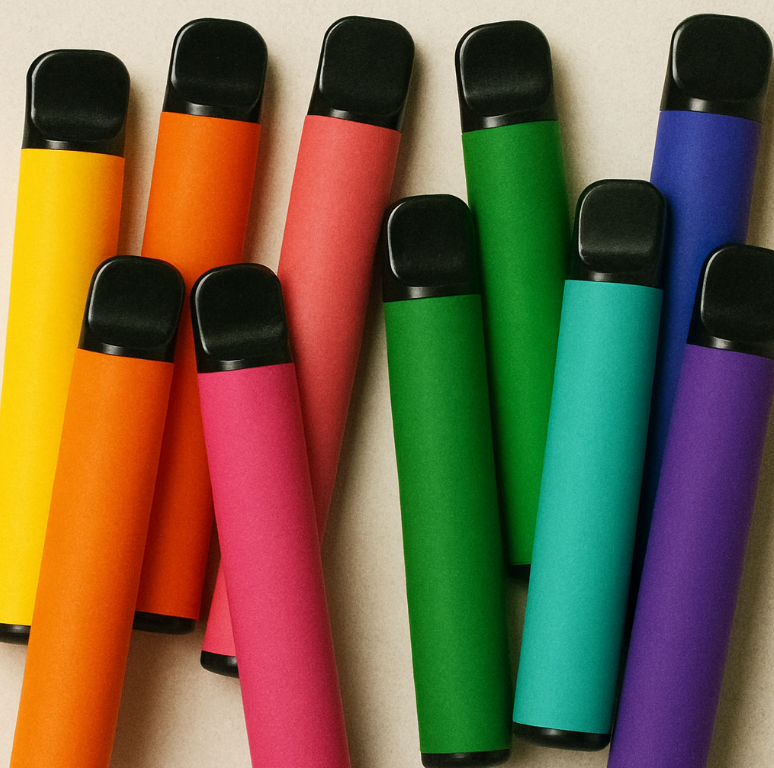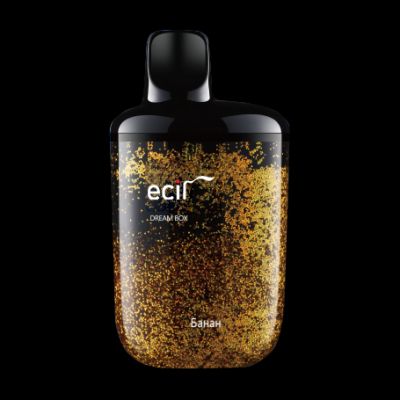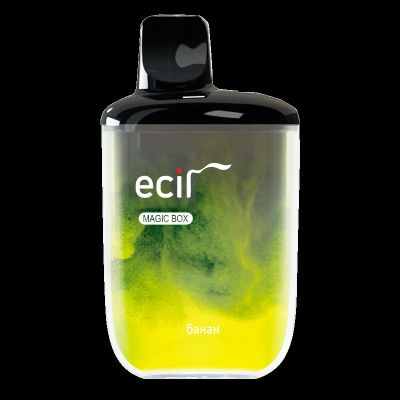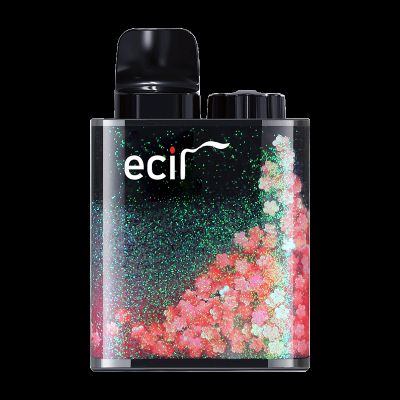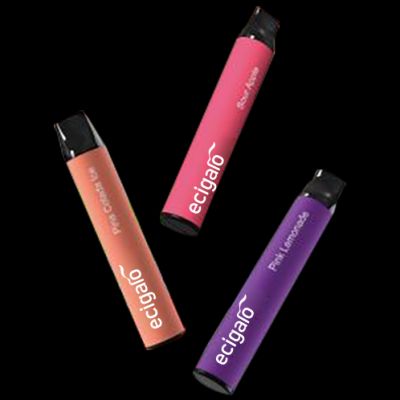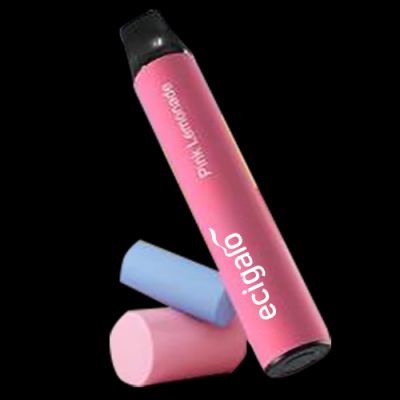California Enacts New Restrictions on Flavored Vapes and Nicotine Pouches
California has enacted two significant laws aimed at further restricting the sale of flavored vaping products and nicotine pouches. The new regulations, AB 3218 and SB 1230, will prohibit the sale of non-menthol coolants, nicotine analogs such as Metatine, and online sales of flavored vape products and pouches. Signed into law by Governor Gavin Newsom in September, these measures will take effect on January 1, 2025.
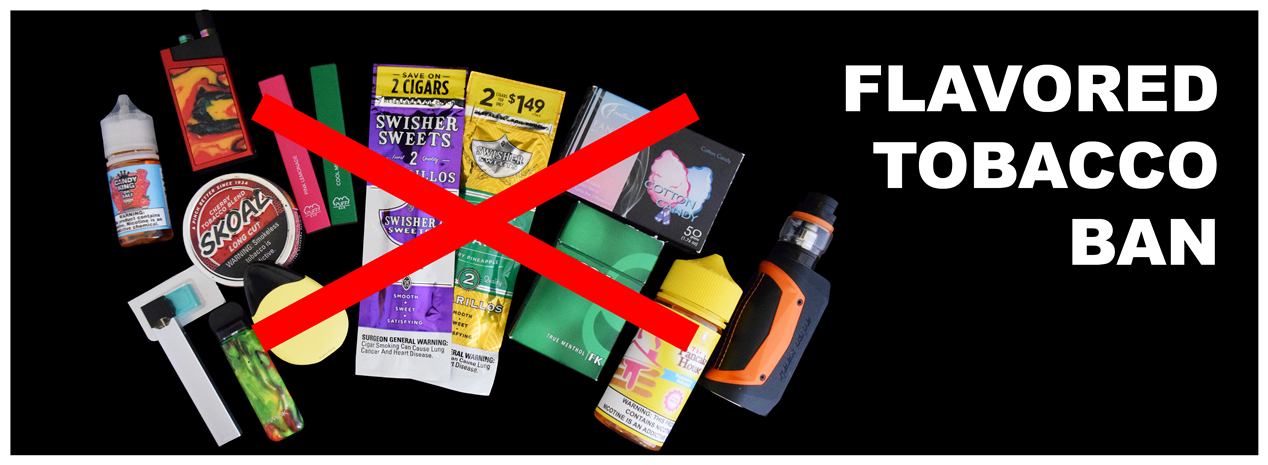
The legislation enhances California's existing ban on flavored tobacco products, which includes vapes, and introduces a series of new restrictions and enforcement mechanisms. Key elements of the laws include:
Expanded Definitions: Nicotine is redefined to encompass synthetic nicotine and analogs like Metatine and Nixotine, while characterizing flavors now include synthetic coolants.
Master “Unflavored Tobacco List”: A comprehensive list of legal unflavored products will be created, published by the attorney general by December 31, 2025. Only products on this list will be permitted for sale in California, including online sales.
Authority for Exclusion: The attorney general is empowered to remove any vaping product not authorized by the FDA from the list.
Enforcement Powers: State agencies and law enforcement can seize products that violate the new laws and impose immediate fines for each seized item.
Local Government Authority: Local jurisdictions retain the power to enact more stringent regulations than the state laws.
The concept of an "unflavored tobacco list" draws inspiration from recent PMTA registry laws adopted in various states, which have often been influenced by major tobacco companies seeking to shield their products from competition. Manufacturers wishing to include their products on California's list must certify, under penalty of perjury, that their offerings are unflavored. The attorney general holds considerable discretion in approving or denying products for inclusion.
Retailers who sell products not listed will face stringent enforcement measures, with potential fines ranging from $2,000 to $50,000. Notably, the new laws exempt cannabis and hookah products.
These regulations are among the first at the state level to address nicotine analogs, which include both natural and synthetic substances that, while chemically different from nicotine, produce similar effects.
While tobacco control advocates have welcomed these measures as a step forward in public health, concerns are rising about the potential for a burgeoning black market in California, the nation's most populous state. The restrictions may drive legitimate retailers to risk fines, while informal sellers could emerge on social media and local marketplaces. Additionally, the laws could exacerbate California's ongoing issues with cross-border cigarette smuggling, raising questions about the effectiveness of prohibition-style measures in curbing tobacco use.


